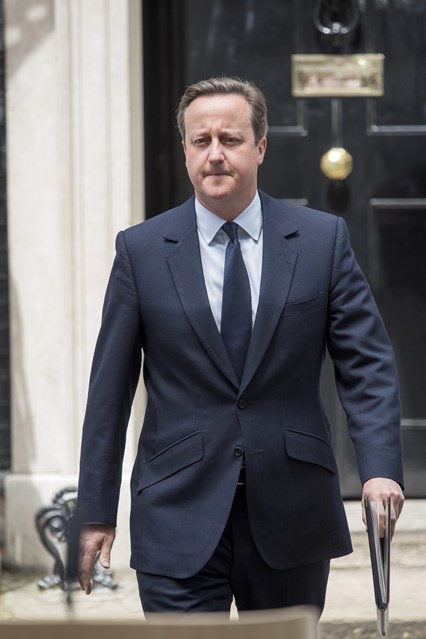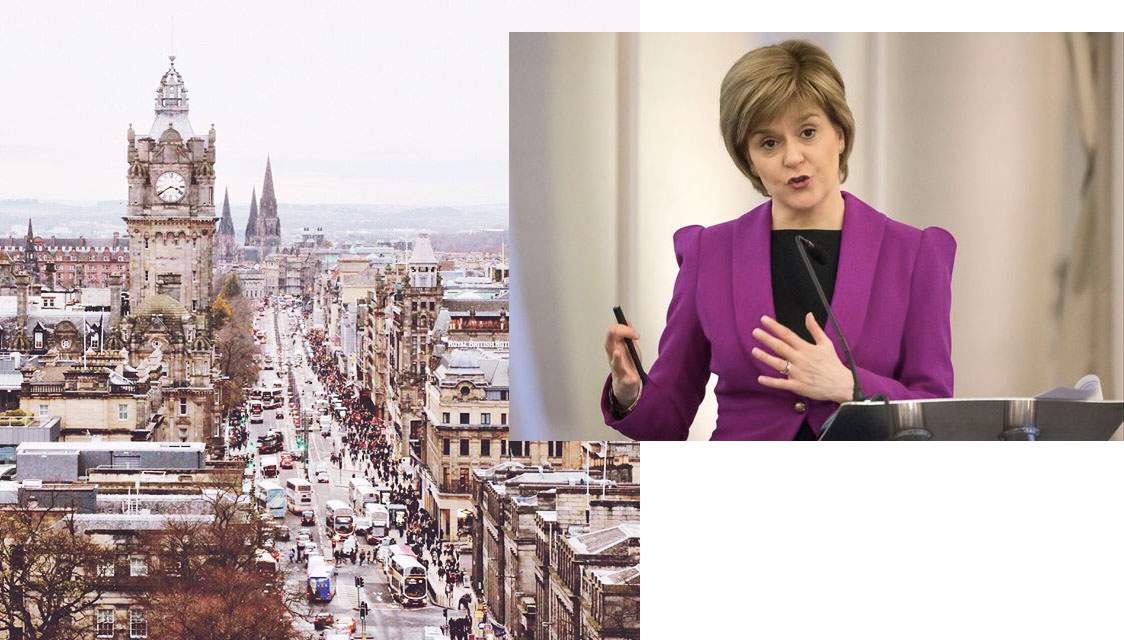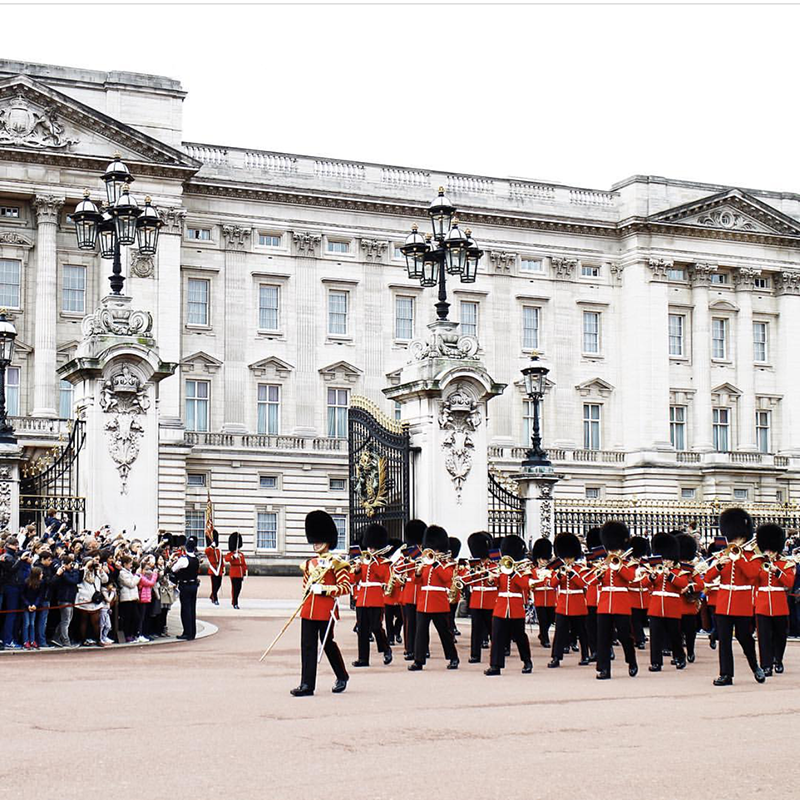THIS MORNING, THE UK WOKE UP in a very different country. Yesterday, June 23, the country voted to sever its 44-year membership in the European Union. The result, which came as a surprise and shock to many, revealed that nearly 51.9% of the electorate had voted for Leave against 48.1% for Remain, with a turnout of 72%, translating to 17.4 million people who voted to leave and 16.1 million who voted to stay.
THE FALLOUT
The immediate fallout is that financially, the pound fell to its lowest level against the dollar since 1985, and most economists are in agreement with the Treasury that the British economy is now likely to fall into recession. More than £100 billion was wiped off the FTSE 100 as the index fell more than 7%.
There are also questions over the future of the United Kingdom, as both Scotland and Northern Ireland voted by clear majorities to remain in the EU, only to be overruled by the English and Welsh. Brexit may justify a second referendum on Scottish independence, while for Northern Ireland, if Britain ends the free movement of people, it may require the return of a hard border between Northern Ireland and Ireland.
At this moment, there are protests on the Remain side all over the UK
Shortly after the results were announced this morning, prime minister David Cameron – who was an ardent supporter of the Remain campaign – announced his decision to stand down from office.
“I am very proud to have been prime minister for six years, we have made great steps,” Cameron said on the steps of Downing Street this morning. “I fought this campaign in the only way I know how, which is to say directly and passionately what I think and feel – head, heart and soul. I held nothing back. I was clear in my belief that the UK is better, safer and stronger in the European Union… But the British people have made a very clear decision of the new path and I think the country needs fresh leadership to do that.”
[—Vogue]
Scotland, like London, voted firmly for Remain, and now will most likely be facing a second referendum on Scottish independence
Nicola Sturgeon has said the people of Scotland see their future as part of the European Union.
Speaking after all 32 local authorities delivered a vote to Remain in Scotland, the First Minister welcomed her country’s “unequivocal” vote to stay in Europe. But despite the vote, the country still faces having to exit the European Union after the Leave campaign edged ahead across the UK.
Former first minister Alex Salmond told the BBC: “Scotland looks like it is going to vote solidly Remain. If there was a Leave vote in England, dragging us out the EU, I’m quite certain Nicola Sturgeon would implement the SNP manifesto.”
Read more at the Independent
Nicola Sturgeon said it was “democratically unacceptable” that Scotland faced the prospect of being taken out of the EU against its will. She said the Scottish government would begin preparing legislation to enable another independence vote.
The SNP manifesto for May’s Holyrood elections said the Scottish Parliament should have the right to hold another referendum if there was a “significant and material change” in the circumstances that prevailed at the time of the 2014 referendum, such as Scotland being taken out of the EU against its will.
At a news conference in Edinburgh, Ms Sturgeon said: “It is, therefore, a statement of the obvious that a second referendum must be on the table, and it is on the table.”
–from the BBC
So what happens now?
Britons offered many reasons for rejecting the EU, from the democratic deficit in Brussels to the weakness of the euro-zone economies. But the deal-breaking feature of EU membership for Britain seemed to be the free movement of people. As the number of new arrivals has grown, immigration has risen up the list of voters’ concerns.
Accordingly, the Leave side promised supporters both a thriving economy and control over immigration. But Britons cannot have that outcome just by voting for it. If they want access to the EU’s single market and to enjoy the wealth it brings, they will have to accept free movement of people. If Britain rejects free movement, it will have to pay the price of being excluded from the single market. The country must pick between curbing migration and maximising wealth. —The Economist
For European leaders, the most pressing question is how to deter contagion. That means making Britain’s exit look like an unattractive option, and preventing it from enjoying the benefits of EU membership once it has left. The idea, as one French minister said before the result, is “not to punish” Britain, but to send a strong signal to others. Before the vote Emmanuel Macron, France’s economy minister, warned in an interview with Le Monde, a French newspaper, that British banks would no longer benefit from the European passport system. —The Economist
A lot depends on the kind of trade deal Britain can negotiate with the EU and how quickly. If Britain gets a quick deal with no big reductions in its access to the single market, the grimmer scenarios for the world economy may not come to pass. But markets do not seem to be counting on it. —The Economist





